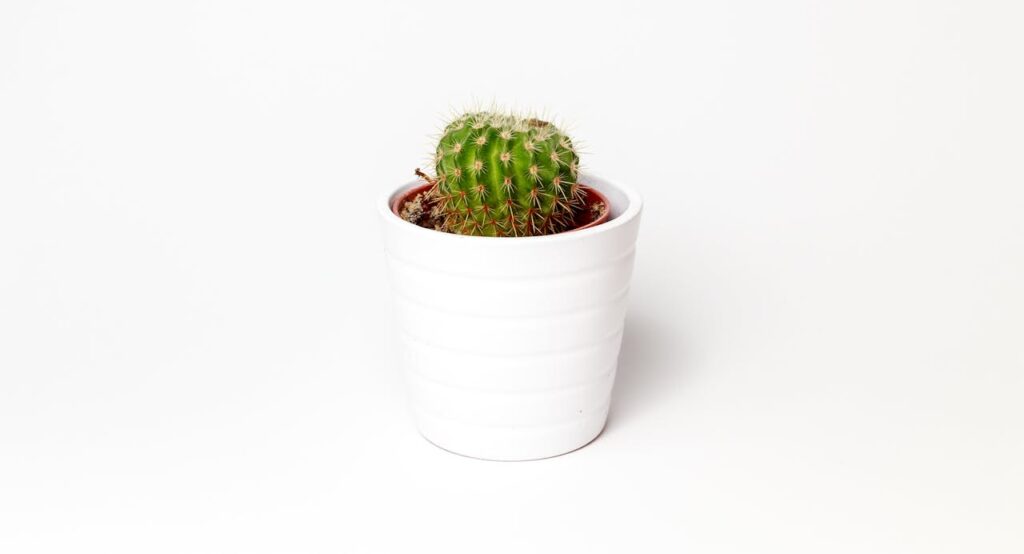In a world obsessed with consumerism and material excess, minimalism emerges as a refreshing and transformative lifestyle choice. But what is minimalism, and why is it garnering such widespread attention?
In this blog, we will delve into the essence of minimalism, explore its myriad benefits, highlight its spiritual significance, and offer practical steps for those ready to embark on this journey.
What Is Minimalism?
Minimalism is more than just a decluttering trend; it’s a philosophy centered on intentional living. It encourages individuals to focus on what truly matters by eliminating excess and distractions.
Joshua Fields Millburn and Ryan Nicodemus, creators of “The Minimalists,” define it as a tool to rid oneself of life’s excess in favor of focusing on what’s important—so you can find happiness, fulfillment, and freedom.
The Benefits of Minimalism

Image source: Behance
a. Mental Clarity & Focus
A study published in the “Journal of Environmental Psychology” found that cluttered environments can negatively impact one’s ability to focus and process information. Minimalism fosters a serene and organized space, enhancing mental clarity and productivity.
b. Financial Freedom
By prioritizing needs over wants, minimalists often save money and reduce debt. According to a 2017 survey by Fidelity Investments, 67% of minimalists reported financial freedom as a significant benefit.
c. Environmental Impact
Minimalism promotes sustainable living by reducing consumption and waste. The United Nations Environment Programme emphasizes that sustainable consumption is crucial for environmental health.
d. Enhanced Relationships
Focusing on meaningful experiences rather than material possessions can lead to stronger relationships. A study by Cornell University reveals that experiences bring more lasting happiness than material goods.
Health & Well-being
Simplifying one’s life can reduce stress and anxiety. The American Psychological Association notes that clutter and disorganization can elevate stress levels and decrease well-being.
The Spiritual Significance of Minimalism

a. Inner Peace
Spiritual traditions, including Buddhism and Jainism, advocate for simplicity as a path to inner peace. Minimalism aligns with these principles, promoting a life free from the chaos of material excess.
b. Mindfulness
Minimalism encourages mindfulness by fostering awareness of one’s possessions, choices, and lifestyle. It allows individuals to live in the present moment, appreciating what they have rather than constantly seeking more.
c. Detachment
Hindu and Buddhist philosophies emphasize detachment from material possessions to achieve spiritual growth. Minimalism mirrors this concept, teaching the value of letting go and finding contentment within.
d. Purpose & Fulfillment
By stripping away the non-essential, minimalism helps individuals discover their true purpose and align their lives with their core values. This intentional living brings deeper fulfillment and spiritual enrichment.
How to Get Started With Minimalism

Image source: FasterCapital
a. Assess Your Life
Begin by evaluating your possessions and identifying areas of excess. Marie Kondo’s KonMari Method, which advocates for keeping only items that “spark joy,” can be a helpful starting point.
b. Declutter Gradually
Start small by tackling one room or category at a time. This gradual approach prevents overwhelm and allows you to see immediate progress.
c. Adopt a Capsule Wardrobe
Simplify your clothing choices by creating a capsule wardrobe—a collection of timeless, versatile pieces that can be mixed and matched. This reduces decision fatigue and promotes intentional fashion consumption.
d. Mindful Consumption
Before making a purchase, ask yourself if the item adds value to your life. This practice curbs impulsive buying and reinforces mindful consumption habits.
e. Digital Minimalism
Declutter your digital life by organizing files, unsubscribing from unnecessary emails, and limiting screen time. Digital minimalism enhances focus and reduces information overload.
f. Embrace Experiences
Prioritize experiences over material possessions. Invest in activities that bring joy, foster connections, and create lasting memories.
g. Set Boundaries
Learn to say no to commitments that don’t align with your values. Setting boundaries preserves your time and energy for what truly matters.
Minimalism is a powerful lifestyle choice that extends beyond decluttering to encompass intentional living, spiritual growth, and personal fulfillment. By embracing minimalism, individuals can achieve mental clarity, financial freedom, stronger relationships, and environmental sustainability.
Its spiritual significance lies in promoting mindfulness, detachment, and inner peace. Getting started with minimalism involves assessing one’s life, decluttering gradually, and adopting mindful consumption practices. As countless individuals have discovered, minimalism holds the potential to transform lives, fostering a deeper connection with what truly matters.

